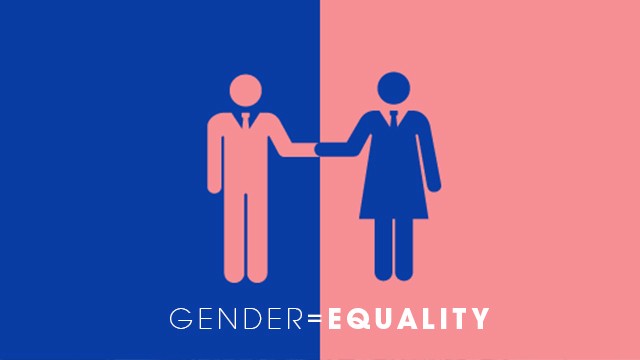Diary of a day during the Covid-19 Pandemic from a gender perspective (focusing on house work)
The aim to achieve gender equality in Kosovo has resulted in concrete commitments in the inclusion of gender equality objectives in the central and local level, by government institutions, civil society, international organizations, activists, and experts.
But, despite all their efforts to address gender equality in every area of daily life, this still is not really implemented. Women and men in Kosovo don’t have equal rights, so gender, politic, economic and cultural inequality is an ongoing occurrence. These inequalities come as a result of social shaping based on a lot of gender stereotypes within families, politics and public lives. At the same time, these are the fields that can be worked on, adopt new approaches, and initiate bigger changes in general.
According to the United Nations “mainstreaming a gender perspective is the
process of assessing the implications for women and men of any planned action, including legislation, policies or programs, in all areas and at all levels. It is a strategy for making women’s as well as men’s concerns and experiences an integral dimension of the design, implementation, monitoring and evaluation of policies and programs in all political, economic and societal spheres so that women and men benefit equally and inequality is not perpetuated.”
Why is “mainstreaming a gender perspective” a new thing? Mainstreaming a gender perspective is not only a matter of social justice, but is essential to ensure equal and equitable social development by using the most effective and efficient means. Mainstreaming a gender perspective during COVID-19 pandemic will be deeper. New evidence on the impact of COVID-19 suggests that the economic situation of women will be affected in a disproportionate way from that of men. As a result of the temporary lockdown of many economic ventures in Kosovo, women, who carry the biggest weight of taking care of housework, are more exposed to the violation of their rights. Measures during and after COVID-19 should help the economy, and build equal, inclusive and stable societies. It is important that the Government of Kosovo includes separate data on gender, aiming specific measures
for women and girls.
Taking into consideration the specific economic situation of women, Security and Gender Group addressed the Ministry of Economy and the Ministry of Finance, by recommending the adoption of the following measures: Integrating a gender analysis in all government assessments to understand the impact of COVID-19 on women and girls, including the aspect of economy, and addressing it properly. At the time of COVID-19 all of us changed our way of living. The most unusual thing for me during the quarantine is that I don’t say “good morning” the way I used to, wholeheartedly. This situation is not easy for us adults either. The most important thing to keep in mind when we as adults or parents talk to kids is to give them information as simple and easy for them to understand as possible, preferably in a positive sense rather than a negative one.
Home feels warmer and nicer, I hang out with my family and talk to them about my problems. I talk whatever I want and whenever I want, but I am careful. I too, like everyone else, am busy with housework. I read books and watch movies together with my sister. I hope that this situation will pass soon and we will start over with our usual routine.
This article was written by Fjolla Hoxha, a student in the Department of Social Work in UP under the monitoring of professor Vjollca Krasniqi within the cooperation with SIT. This article was written within the project “Men and Boys as Partners in Promoting Gender Equality and the Prevention of Youth Extremism and Violence in the Balkans”, implemented by CARE International Balkans in partnership with SIT and YMCA in Kosovo and supported by Austrian Development Agency, and Oak Foundation.




